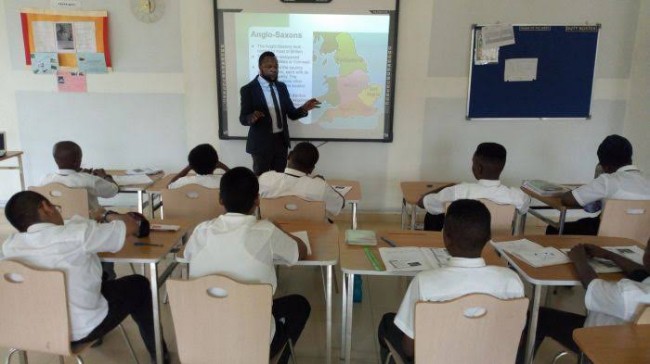News
US consulate trains 50 teachers in Lagos

The Lagos State Ministry of Education has collaborated with the United States Consulate General to train 50 teachers from Education District One in a STEM training session.
A statement from the consulate, said the instructors were chosen from public schools in impoverished towns such as Agege, Alimosho, and Ifako-Ijaiye and were taught the fundamentals of building and flying drones, computer coding, and solar panel installation.
The US Consulate Public Affairs Officer, Stephen Ibelli, while speaking at the grand finale of the workshop held at the Government Senior College Agege, said the workshop was aimed at offering innovative tools for teachers from public high schools to teach STEM subjects and better prepare Nigerian youth for 21st-century challenges.
Ibelli said, “The US Mission in Nigeria is committed to supporting initiatives that promote STEM education in Nigeria. Technological knowledge is an essential element of the 21st-century economy, and it starts in the classroom.
READ ALSO: Nigerian govt mulls 65 years retirement age for teachers
“This teacher training workshop will boost teacher confidence and capabilities in the areas of STEM teaching and learning.”
The statement said following the completion of the training, the US Consulate provided all 50 teachers with a “Drone in a Box” to take back to their schools and classrooms.
“This is expected to provide the teachers and their students with an opportunity to put their newly acquired skills to use,” it added.
Join the conversation
Support Ripples Nigeria, hold up solutions journalism
Balanced, fearless journalism driven by data comes at huge financial costs.
As a media platform, we hold leadership accountable and will not trade the right to press freedom and free speech for a piece of cake.
If you like what we do, and are ready to uphold solutions journalism, kindly donate to the Ripples Nigeria cause.
Your support would help to ensure that citizens and institutions continue to have free access to credible and reliable information for societal development.
























